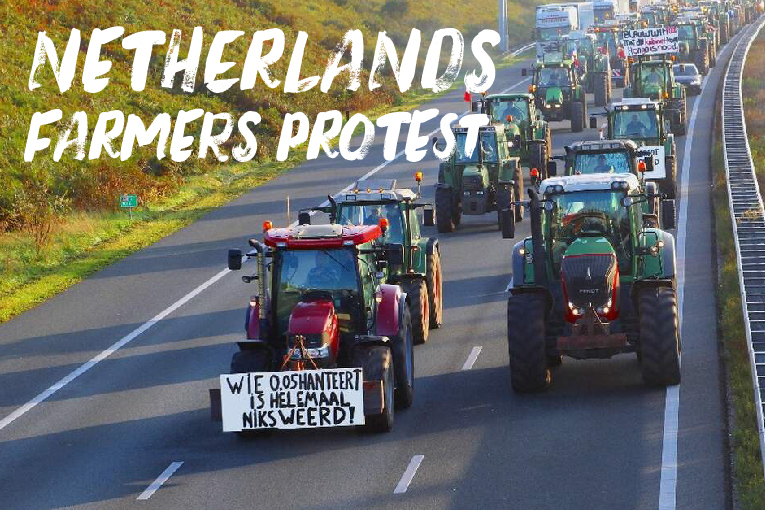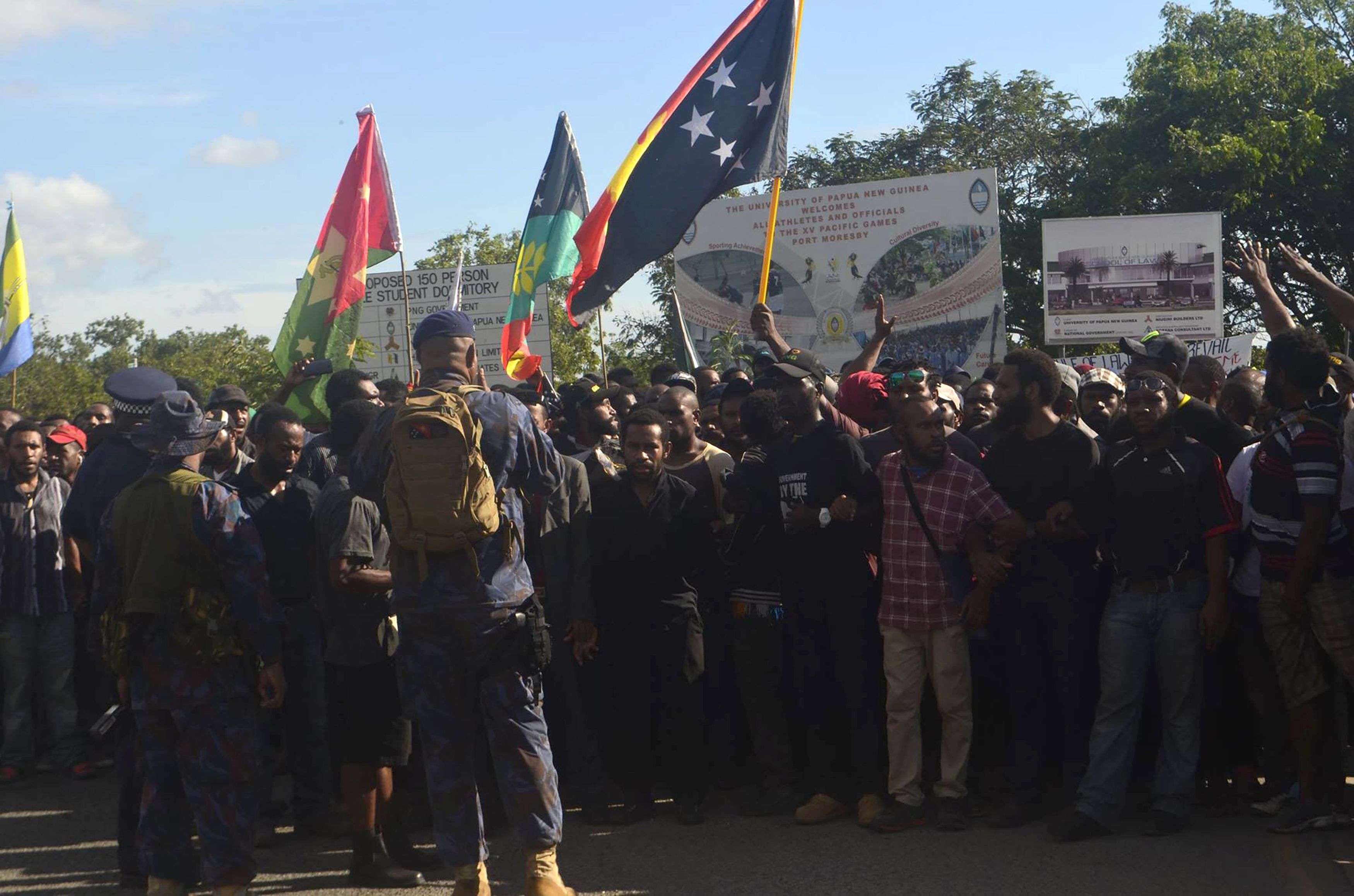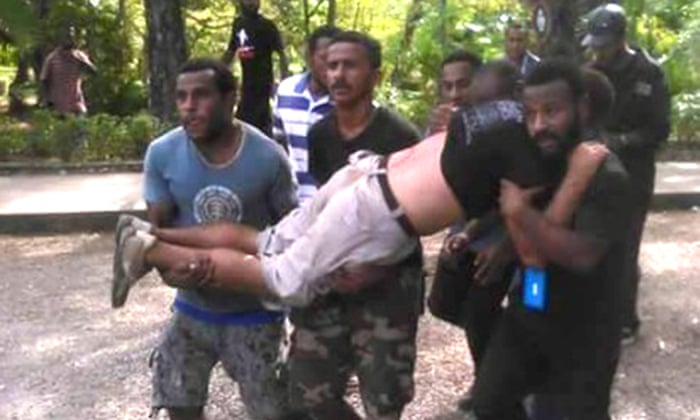
"Papua New Guineans need to really understand that they determine who is in power."
The determined Dutch farmers, who have been Persistently protesting and resisting the livestock and farming regulations imposed by the EU, have succeeded by actively engaging in the political process. Instead of entirely counting on on politicians to assist them, they took matters into their own hands and effectively overwhelmed the government.
By establishing their own political party, which is now the biggest political party in the Netherlands, Dutch farmers showed their commitment and determination. They hold significant power to block legislation with an impressive 15 of the Senate's 75 seats, which is more than the current Prime Minister holds seats-wise. This accomplishment demonstrates their capacity to affect and reshape the political environment of their own nation.
Allow this to serve as motivation for you to take action. Rather than remaining a passive observer, it is critical to actively participate in the issues that are important to you. Individuals and groups with globalist agendas are not untouchable; they can be challenged and opposed. You have the potential to make a significant impact by getting off the sidelines and joining the fight.
It's important to channel our frustration into productive action rather than solely relying on complaining. Recognizing our collective power, we can make a real difference by actively opposing agendas we disagree with. It's time to rise up, take a stand, and push back against what we perceive as a misguided agenda. By coming together and persistently working towards our goals, we can strive for the change we seek.
What The Dutch Were Protesting
Source: Foundation for Economic Education
The Dutch farmer protests started with an initial bout of demonstrations in the Netherlands on October 1, 2019 in response to new carbon emissions reduction legislation that disproportionately impacted farmers. Then, on June 10 of this year, the Dutch government unveiled more extreme measures targeted directly at the agricultural industry. “Farms next to nature reserves must cut nitrogen output by 70%,” the Economist reported. “About 30% of the country’s cows and pigs will have to go, along with a big share of cattle and dairy farms.”
In response to this new legislation, about 40,000 Dutch farmers protested outside government buildings and the homes of ministers and drove hundreds of tractors to blockade food distribution centers including warehouses and grocery stores. Throughout July the movement spread to Germany, Italy, Spain, Poland, and other nations, each with farmers taking to the streets in repudiation of their governments’ measures to reduce the scale and output of the agricultural industry.
Papua New Guineans need to really understand that they determine who is in power. And with co-operation they can change the government if they want to. Like the Dutch farmers have done, the citizens can form their own party and challenge the government. When you realize that the population of a country actually outnumbers the government one thousand to one.

The Marape government faces a challenging task in managing an already tense situation with increasing unanswered questions. The planned protests by citizens pose a significant dilemma for the Papua New Guinean government. If they attempt to halt the protests, there is a risk of escalating tensions and potential clashes between the public and the disciplinary forces. It is widely acknowledged that the Papua New Guinean Royal Constabulary has a troubled history in handling protests within the country. The government will need to carefully navigate this situation to avoid exacerbating the issues at hand and strive for a peaceful resolution.
We would like to know what you think? Leave a comment.

